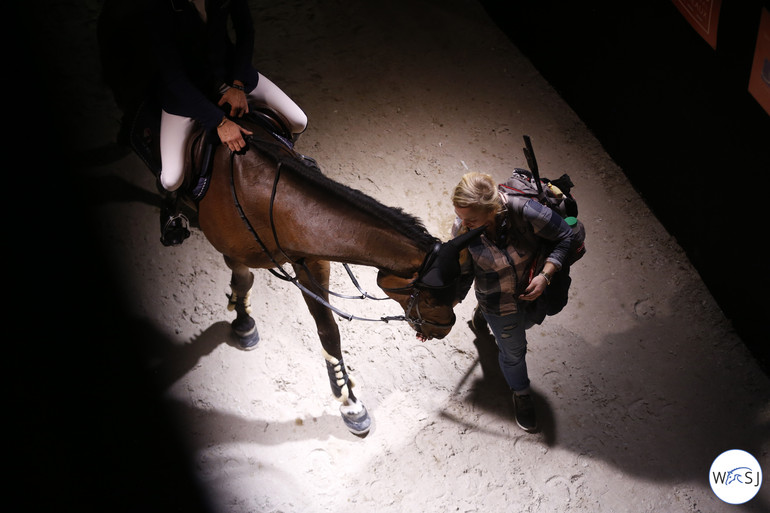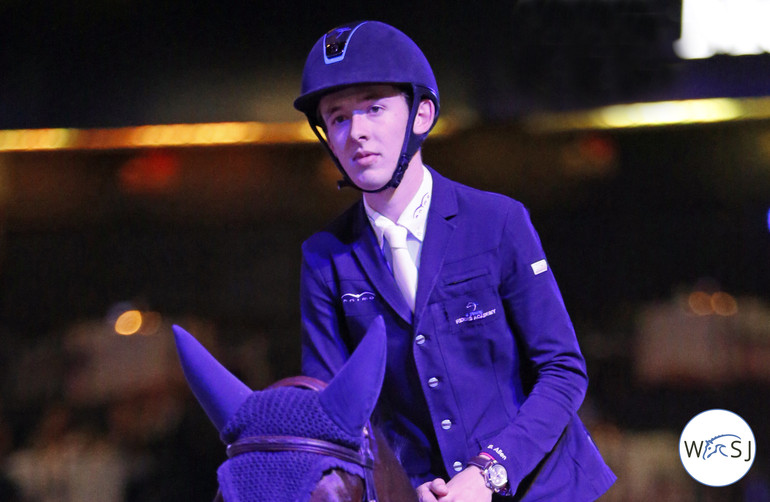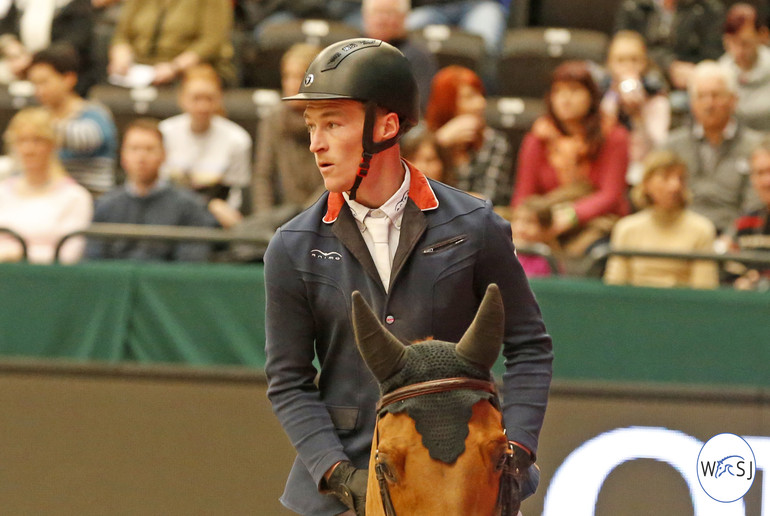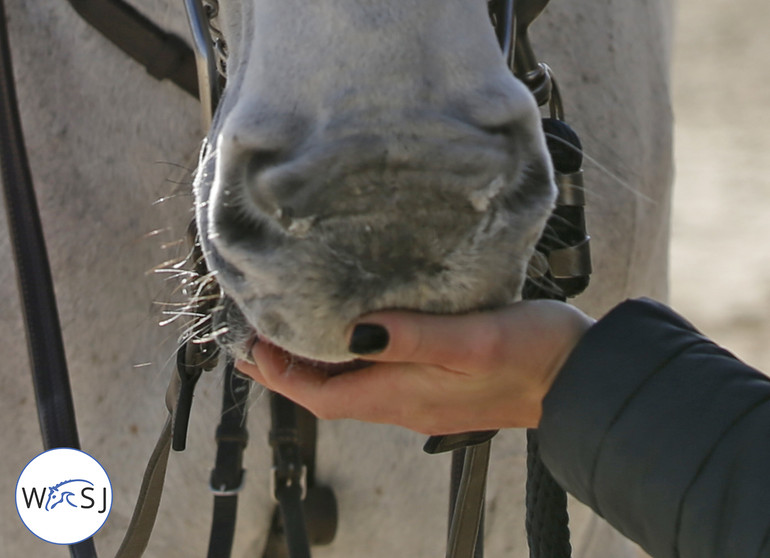Text © World of Showjumping
Late-night jumping at international shows is a returning issue, and at the end of 2019 it came up again – this time at a CSI2* show in Belgium, where riders reported that they were jumping from 11 AM until 12.30 AM on the opening day. The last class this day – a CSI2* 1.45m – which was scheduled to start at 9 PM, had 121 horse-and-rider combinations in it and dragged out past midnight. With a little over 400 horse-and-rider combinations spread out on five classes that day in one ring, it turned into a marathon for horses, grooms and riders. Several of those attending the event have reacted.
“It’s not fair on anybody, especially not on the grooms,” Bertram Allen, one of the many competitors at the show, commented to World of Showjumping. “The show started on Wednesday with the trot up at 8 AM. The prize giving in the last class was at 12.45 AM. It is bad enough for us riders, but for the grooms it is even worse – they finish later than us and even when we don’t need to ride in the morning, they still need to get up in the morning to feed and take care of the horses.”
“I would like to point out however, that the venue in question hosts some of the best two-star shows in that area,” Allen says. “They have fantastic facilities and they create great shows for the horses and riders. It is important to have quality venues such as these where the riders can develop younger or less experienced horses. That being said, these issues with the timing have to be solved.”
“In my opinion, this particular show was a bit extreme,” Allen said. “There needs to be a limit on how many horses and riders can compete when there are not multiple rings to run the classes in. As we know there are rules regulating the times to start and finish the classes, but obviously those rules are not always respected.”
“After being at the show since Wednesday morning, I left again on Sunday at 8.30 PM after the Grand Prix. What we also should remember, that after a week like this the grooms still need to drive our horses home – they have to wait until horses are ready to go, get everything packed up and the truck organized. Seen from this perspective, these kind of hours are not fair.”
“I think the show organizers have the main responsibility here,” Allen says. “The organizing committee obviously has to send in their schedule for the FEI to approve, but it is just a tick in the box. It might look ok as it’s laid out in the schedule, but when organizing committee accepts too many horses then it is too late to blame the FEI. The FEI officials also have a responsibility here, but the organizing committees selects them. If the FEI officials complain, they don’t get to come back to the show,” Allen points out.
William Whitaker was also at the same event and agrees with Allen when it comes to the working hours of the grooms. “To be honest, the ones I think about the most are the grooms,” the British rider says. “They are the ones who need to stay behind, wait until the horses are dry and clean, then be up again the next morning to feed long before the first class starts. There has to be some sort of compromise, that the classes don’t run so late. It becomes too much, nearly impossible, when you start the next class 8 AM the following morning. These kind of working hours are just too much, also when you think about the fact that we all need to be fit to drive home on Sunday after the show.”
“However, I do see the organizers’ point of view as well,” Whitaker continues. “Every time I come to this particular event, they have made improvements. Obviously, they need to pay for this somehow – so they need to get people in and get a lot of entries. As riders we also want to have good facilities, and we are very lucky around this area with places like these.”
“Usually at a five-star show there is not an early class the day after, but still the grooms need to go and feed the horse and take care of them – you need to stick to a routine so the issue with the timing remains the same,” Whitaker explains.
To World of Showjumping, a spokesperson for the FEI says that the situation is being looked into and will be followed up on with the organizing committee.
While the FEI Jumping draft schedules highlight start and finish times – 8 AM and 11 PM respectively – the FEI points out to World of Showjumping that this is a recommendation to assist organizers in the planning of competitions. “In the event that there are an extremely high number of participants, and particularly with the grooms in mind, the FEI strongly recommends that the horse inspection should take place on the day prior to the first competition,” the spokesperson comments.
The FEI is currently involved in several projects that target international grooms. “With the aim of creating a structured framework for cooperation between the FEI and grooms, the FEI is looking at the development of a registration system for grooms and additional education systems, over and above the more than 50 Horsemanship courses on FEI Campus. In addition, we are in ongoing discussions with Lucy Katan, who heads up the British Grooms Association and is aiming to establish a not-for-profit group for international grooms,” the spokesperson explains.
No reproduction without permission, copyright © World of Showjumping












